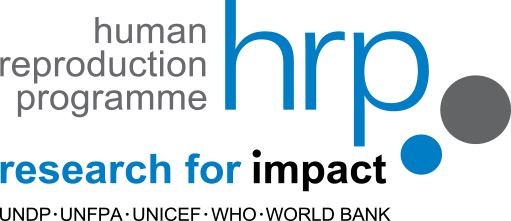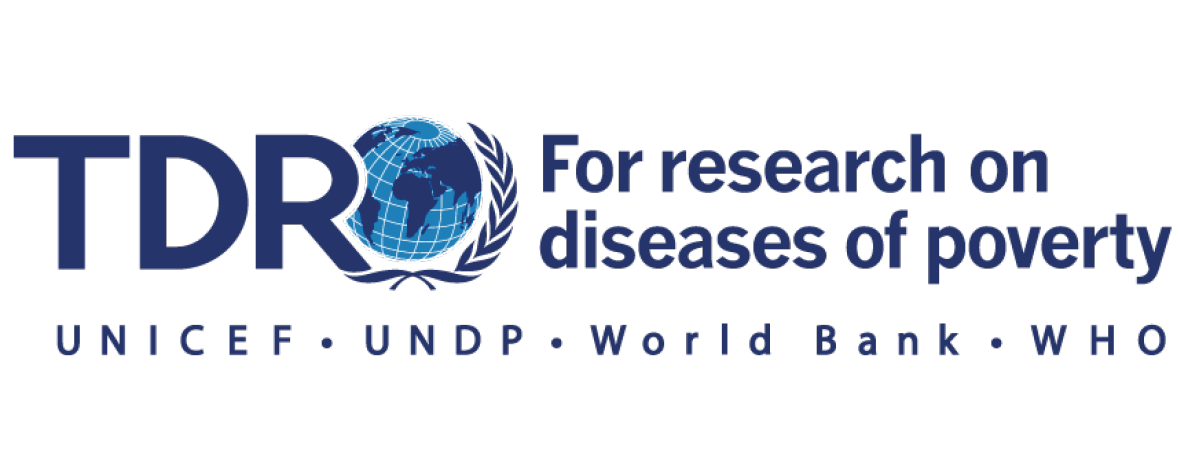
Implementation research massive open online course (MOOC) – incorporating an intersectional gender perspective in implementation research
This MOOC aims to provide hands-on training on implementation research. By the end of the course, you will be able to:
- Design your own implementation research projects with an intersectional gender lens;
- Critically evaluate and use the evidence produced by other implementation research projects; and
- Commission robustly designed implementation research projects that take into account gender dimensions and other intersecting axes of inequality.
This MOOC aims to provide hands-on training on implementation research. This will help researchers to understand the relevance of sex, gender and intersectionality to infectious diseases of poverty. It will help to develop and enhance skills to apply the knowledge and understanding in implementation research projects.

Implementation research massive open online course (MOOC) – incorporating an intersectional gender perspective in implementation research
This MOOC aims to provide hands-on training on implementation research. By the end of the course, you will be able to:
- Design your own implementation research projects with an intersectional gender lens;
- Critically evaluate and use the evidence produced by other implementation research projects; and
- Commission robustly designed implementation research projects that take into account gender dimensions and other intersecting axes of inequality.
This MOOC aims to provide hands-on training on implementation research. This will help researchers to understand the relevance of sex, gender and intersectionality to infectious diseases of poverty. It will help to develop and enhance skills to apply the knowledge and understanding in implementation research projects.

Implementation research massive open online course (MOOC) – incorporating an intersectional gender perspective in implementation research
Developed by:
This MOOC aims to provide hands-on training on implementation research. By the end of the course, you will be able to:
- Design your own implementation research projects with an intersectional gender lens;
- Critically evaluate and use the evidence produced by other implementation research projects; and
- Commission robustly designed implementation research projects that take into account gender dimensions and other intersecting axes of inequality.
This MOOC aims to provide hands-on training on implementation research. This will help researchers to understand the relevance of sex, gender and intersectionality to infectious diseases of poverty. It will help to develop and enhance skills to apply the knowledge and understanding in implementation research projects.

Implementation research massive open online course (MOOC) – incorporating an intersectional gender perspective in implementation research
This MOOC aims to provide hands-on training on implementation research. By the end of the course, you will be able to:
- Design your own implementation research projects with an intersectional gender lens;
- Critically evaluate and use the evidence produced by other implementation research projects; and
- Commission robustly designed implementation research projects that take into account gender dimensions and other intersecting axes of inequality.
This MOOC aims to provide hands-on training on implementation research. This will help researchers to understand the relevance of sex, gender and intersectionality to infectious diseases of poverty. It will help to develop and enhance skills to apply the knowledge and understanding in implementation research projects.

Implementation research massive open online course (MOOC) – incorporating an intersectional gender perspective in implementation research
This MOOC aims to provide hands-on training on implementation research. By the end of the course, you will be able to:
- Design your own implementation research projects with an intersectional gender lens;
- Critically evaluate and use the evidence produced by other implementation research projects; and
- Commission robustly designed implementation research projects that take into account gender dimensions and other intersecting axes of inequality.
This MOOC aims to provide hands-on training on implementation research. This will help researchers to understand the relevance of sex, gender and intersectionality to infectious diseases of poverty. It will help to develop and enhance skills to apply the knowledge and understanding in implementation research projects.

Implementation research massive open online course (MOOC) – incorporating an intersectional gender perspective in implementation research
This MOOC aims to provide hands-on training on implementation research. By the end of the course, you will be able to:
- Design your own implementation research projects with an intersectional gender lens;
- Critically evaluate and use the evidence produced by other implementation research projects; and
- Commission robustly designed implementation research projects that take into account gender dimensions and other intersecting axes of inequality.
This MOOC aims to provide hands-on training on implementation research. This will help researchers to understand the relevance of sex, gender and intersectionality to infectious diseases of poverty. It will help to develop and enhance skills to apply the knowledge and understanding in implementation research projects.

Implementation research massive open online course (MOOC) – incorporating an intersectional gender perspective in implementation research
This MOOC aims to provide hands-on training on implementation research. By the end of the course, you will be able to:
- Design your own implementation research projects with an intersectional gender lens;
- Critically evaluate and use the evidence produced by other implementation research projects; and
- Commission robustly designed implementation research projects that take into account gender dimensions and other intersecting axes of inequality.
This MOOC aims to provide hands-on training on implementation research. This will help researchers to understand the relevance of sex, gender and intersectionality to infectious diseases of poverty. It will help to develop and enhance skills to apply the knowledge and understanding in implementation research projects.





